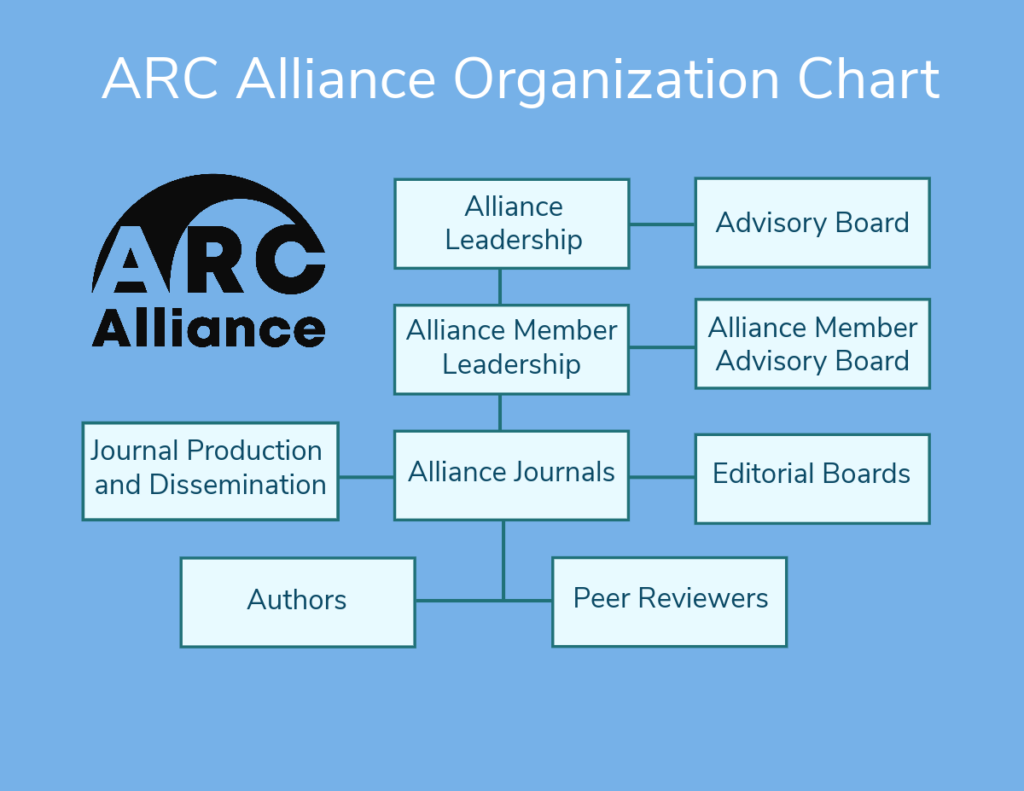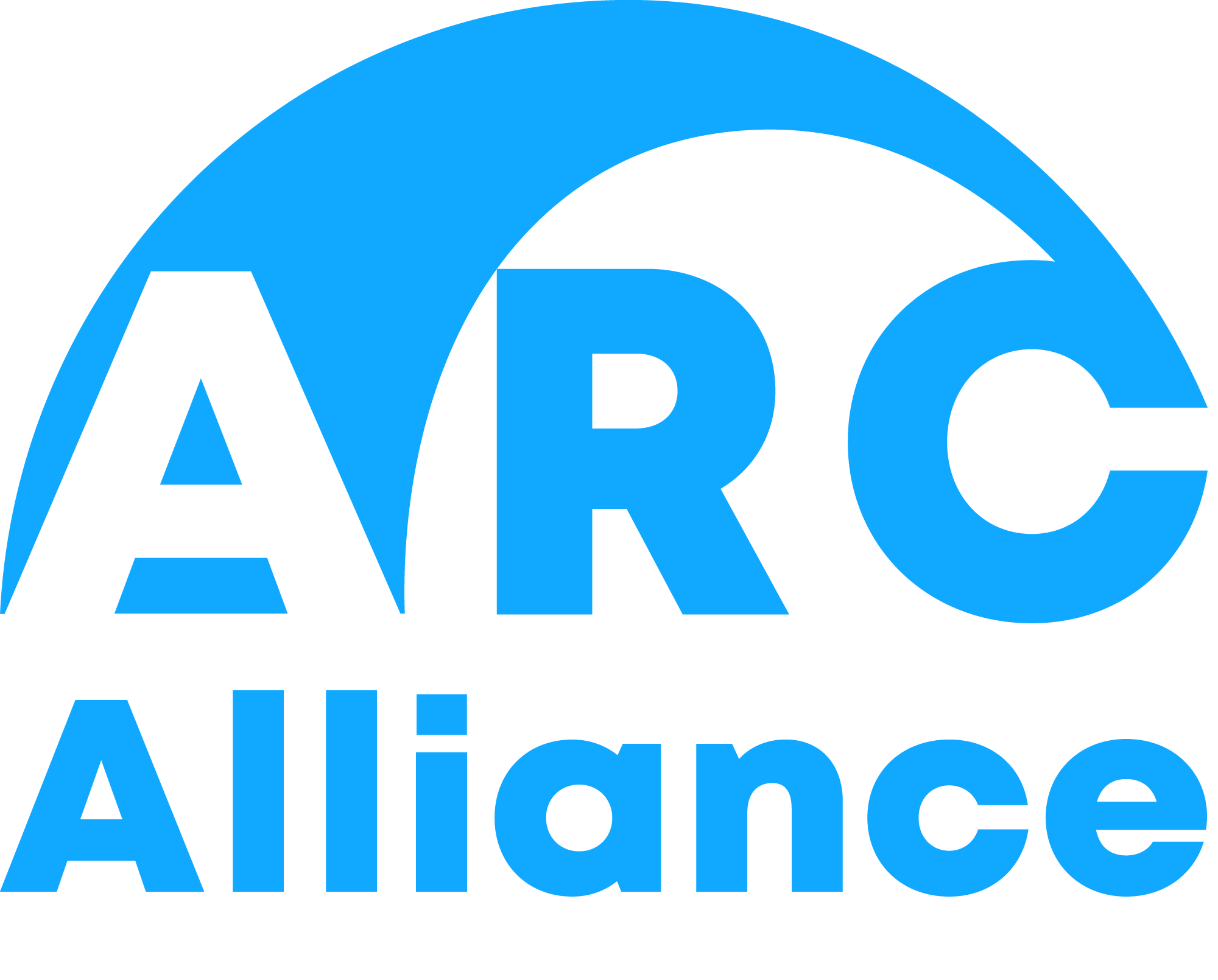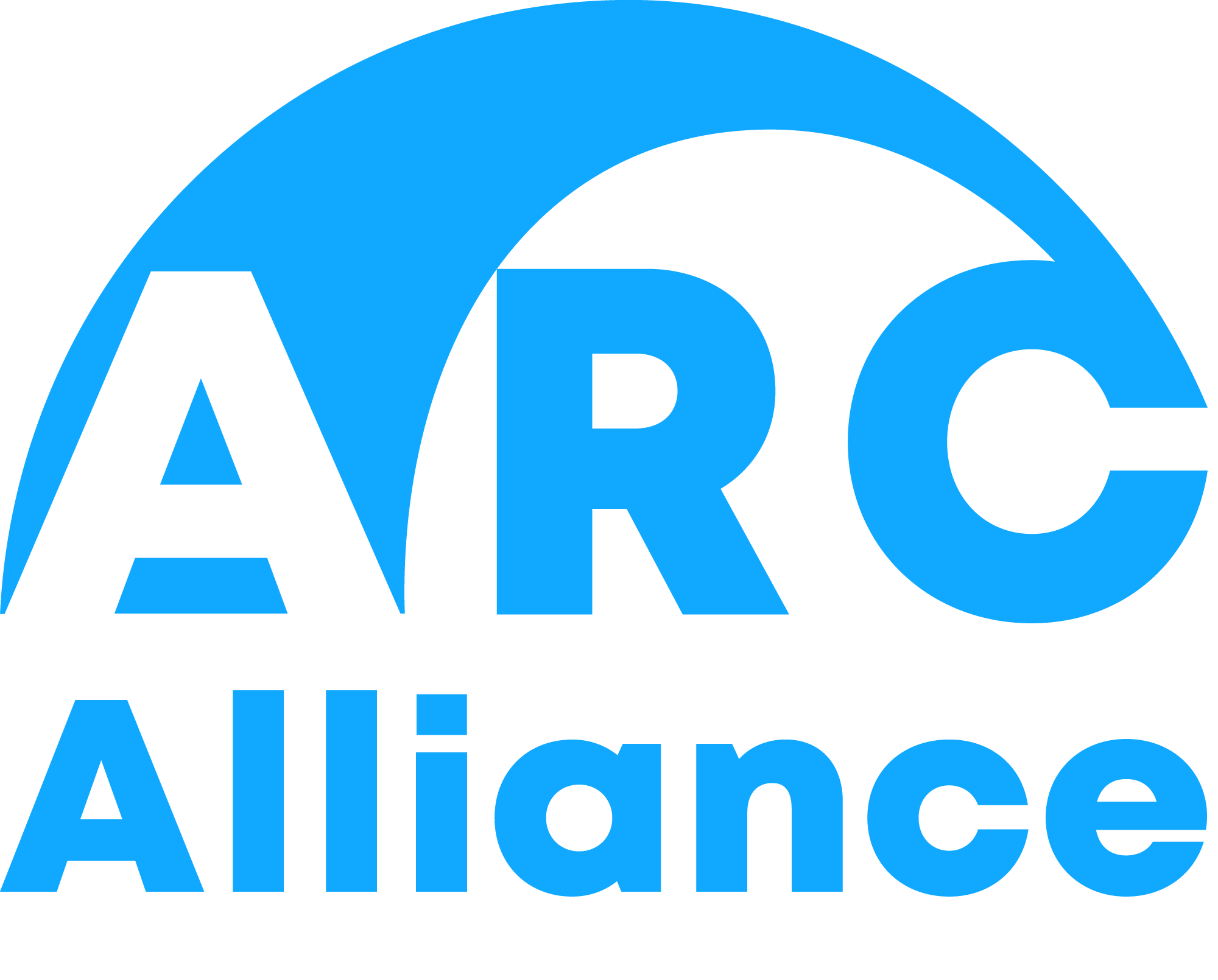Leadership

Dr. Brad Hemminger is an Associate Professor at the UNC School of Information and Library Science (SILS) with a joint appointment in Carolina Center for Genome Sciences. His primary research focus is on scholarly communications and developing inclusive systems for shared open scholarship. As part of this he is focused on developing new paradigms for scholarship, metrics, publishing, annotations, and information seeking and use by academics in this digital age. He has published over 85 papers, served on several international standards committees, and consulted for a number of companies in the areas of scholarly communications, visualization and user interfaces. He serves as a reviewer for over fifteen journals and conferences.
John Sherer is the Director at the University of North Carolina Press.
- Jason Evan Colman – Director of University of Michigan Publishing Services.
- Caroline Edwards – Caroline Edwards is Executive Director of the Open Library of Humanities. Caroline holds a PhD in Critical Theory from the University of Nottingham and has worked as an academic since 2010, joining Birkbeck, University of London in 2013.
- William G. Gray – William G. Gray is a (mostly) retired Professor at the University of North Carolina in Chapel Hill. He works on averaging to change scales in the modeling of fluid and solid mechanics. He is a former editor of Water Resources Research and of Advances in Water Resources. His contributions as a book author and to the archival literature have resulted in his being a Fellow of the American Geophysical Union and a member of the National Academy of Engineering.
- Sharla Lair – Senior Strategist, Open Access & Scholarly Communication Initiatives at Lyrasis.
- Catherine Mitchell – Catherine Mitchell is the Director of Publishing, Archives, and Digitization. Catherine Mitchell is responsible for overseeing the strategic planning, development, and operational management of CDL’s Publishing, Archives, and Digitization program, which provides the University of California research community with innovative open access publishing and distribution solutions, and aggregates world-class digital collections from libraries, archives, and museums throughout the State of California, serving an array of end users including researchers, scholars, students, and the general public. Program services include eScholarship (UC’s Open Access IR/Publishing platform, with 85+ journals), Calisphere (an open gateway to over one million digitized historical images, texts and recordings), and the Google Books/HathiTrust projects. Catherine is also Operations Director of UC’s Office of Scholarly Communication and, in this capacity, is particularly engaged in questions of use, value, authorship, and professional legitimacy.
- Tanja Niemann – Tanja Niemann is Executive Director of the Consortium Érudit and was acting director of the Digital Publishing Center at the Université de Montréal from 2009 to 2011. She has been involved with Érudit since 2006.
- Marc B. Parlange – Marc B. Parlange became the University of Rhode Island’s 12th president in August 2021. Over the course of his professional higher education career spanning more than 30 years, he has held academic leadership, research, and faculty positions at Monash University, Australia’s largest university; the University of British Columbia; the Swiss public research institute École Polytechnique Fédérale de Lausanne; and stateside, at Johns Hopkins University and the University of California, Davis. A recognized expert and researcher in environmental fluid mechanics, Parlange has published more than 200 peer reviewed journal articles. He is a member of the U.S. National Academy of Engineering, and a Fellow of the Canadian Academy of Engineering, the American Association for the Advancement of Science, the American Meteorological Society, and the American Geophysical Union.
- Kate McCready – Big Ten Academic Alliance Visiting Program Officer for Academy Owned Scholarly Publishing.
- Melanie Schlosser – Educopia’s Senior Community Facilitator, working with the Library Publishing Coalition and other communities and projects related to scholarly communications.
- Nick Lindsay – Director of Journals and Open Access, MIT Press.
- Johan Rooryck – Johan Rooryck Executive Director of cOAlition S and a visiting professor at Leiden University. His main research interests lie in the interaction between morphology, syntax, and semantics; and the relation between language and core knowledge systems. He is Editor in Chief of Glossa: a journal of general linguistics.
- Peter Suber – Peter Suber is the Senior Advisor on Open Access (in Harvard Library) and Director of the Harvard Open Access Project (in the Berkman Klein Center for Internet & Society). He was the principal drafter of the Budapest Open Access Initiative, sits on the boards of many groups devoted to open access and scholarly communication, and has been active in fostering open access for many years through his research, speaking, and writing.
- Daniel Bingham – Founder of JournalHub. An engineering leader and software developer with a background in content and design. Formerly at GE, EllisLab, Ceros, and Insider.

